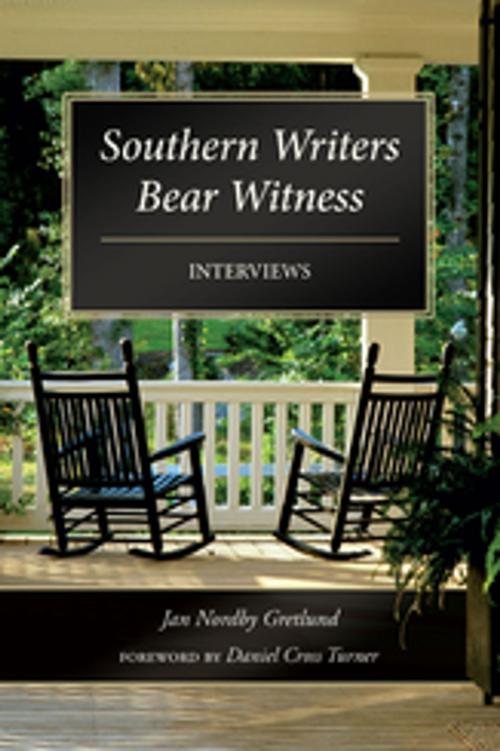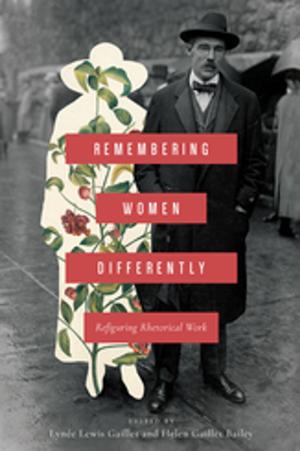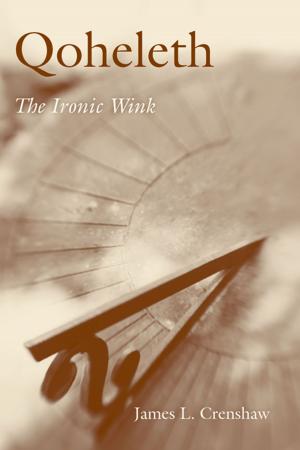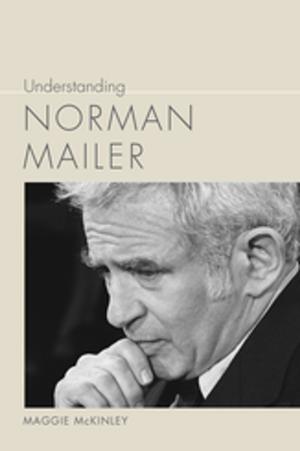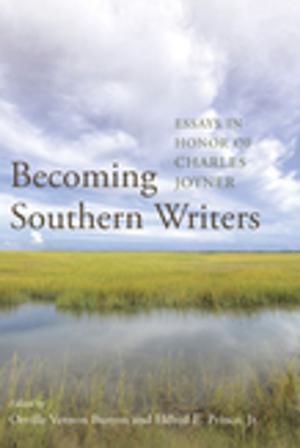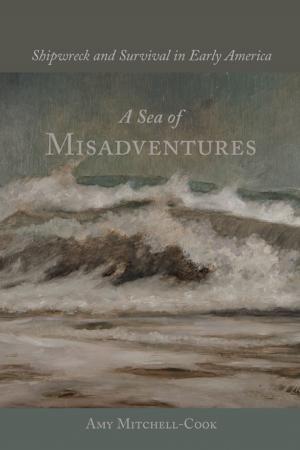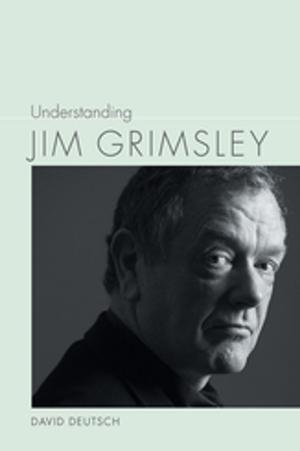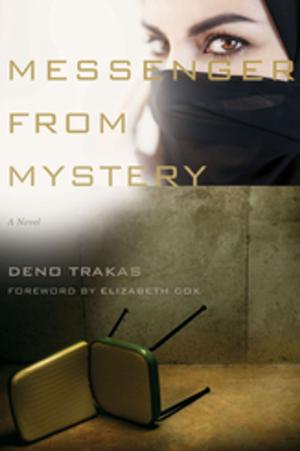| Author: | Jan Nordby Gretlund | ISBN: | 9781611178777 |
| Publisher: | University of South Carolina Press | Publication: | July 15, 2018 |
| Imprint: | University of South Carolina Press | Language: | English |
| Author: | Jan Nordby Gretlund |
| ISBN: | 9781611178777 |
| Publisher: | University of South Carolina Press |
| Publication: | July 15, 2018 |
| Imprint: | University of South Carolina Press |
| Language: | English |
Jan Nordby Gretlund has been studying the literature of the American South for some fifty years, and his outsider’s perspective as a European scholar has made him an intellectually acute witness of both the literature and its creators. Whether it is their language and reflexive storytelling or the craft and techniques by which writers transform life and experience into art that fascinates Gretlund, elements of their fiction led to his interviews with the fourteen storytellers featured in Southern Writers Bear Witness. Gretlund believes a good interview will always reveal something about a writer’s life and character, details that can inform a reading of that writer’s fiction. The interviewer’s task, according to Gretlund, is to supply the reader with some of the sources and experiences that inspired and shaped the fiction. Through his conversations Gretlund also occasionally elicits the subjects’ reflections on other writers and their work to discover affiliations, lines of influence, and divergences, and he also emphasizes the enduring power of their work. His interviews with Eudora Welty and Pam Durban uncover strong family and community experiences found at the core of their fiction. Gretlund also turns conversations to the craft of writing, writers’ daily routines, and specific problems encountered in their work, such as Clyde Edgerton’s struggle with point of view. In other exchanges he investigates distinctive elements of a writer’s work, such as violence in Barry Hannah’s fiction and religious faith in Walker Percy’s. Still other conversations, such as his with Josephine Humphreys, touch on the pressures and opportunities of publishing and its influence on the writer’s work. Taken together, these authors’ insights on life in the South provide a fascinating window into the creative process of storytelling as well as the human experiences that fuel it. A foreword by Daniel Cross Turner, author of Southern Crossings: Poetry, Memory, and the Transcultural South and co-editor of Undead Souths: The Gothic and Beyond in Southern Literature and Culture and Hard Lines: Rough South Poetry, is also included.
Jan Nordby Gretlund has been studying the literature of the American South for some fifty years, and his outsider’s perspective as a European scholar has made him an intellectually acute witness of both the literature and its creators. Whether it is their language and reflexive storytelling or the craft and techniques by which writers transform life and experience into art that fascinates Gretlund, elements of their fiction led to his interviews with the fourteen storytellers featured in Southern Writers Bear Witness. Gretlund believes a good interview will always reveal something about a writer’s life and character, details that can inform a reading of that writer’s fiction. The interviewer’s task, according to Gretlund, is to supply the reader with some of the sources and experiences that inspired and shaped the fiction. Through his conversations Gretlund also occasionally elicits the subjects’ reflections on other writers and their work to discover affiliations, lines of influence, and divergences, and he also emphasizes the enduring power of their work. His interviews with Eudora Welty and Pam Durban uncover strong family and community experiences found at the core of their fiction. Gretlund also turns conversations to the craft of writing, writers’ daily routines, and specific problems encountered in their work, such as Clyde Edgerton’s struggle with point of view. In other exchanges he investigates distinctive elements of a writer’s work, such as violence in Barry Hannah’s fiction and religious faith in Walker Percy’s. Still other conversations, such as his with Josephine Humphreys, touch on the pressures and opportunities of publishing and its influence on the writer’s work. Taken together, these authors’ insights on life in the South provide a fascinating window into the creative process of storytelling as well as the human experiences that fuel it. A foreword by Daniel Cross Turner, author of Southern Crossings: Poetry, Memory, and the Transcultural South and co-editor of Undead Souths: The Gothic and Beyond in Southern Literature and Culture and Hard Lines: Rough South Poetry, is also included.
